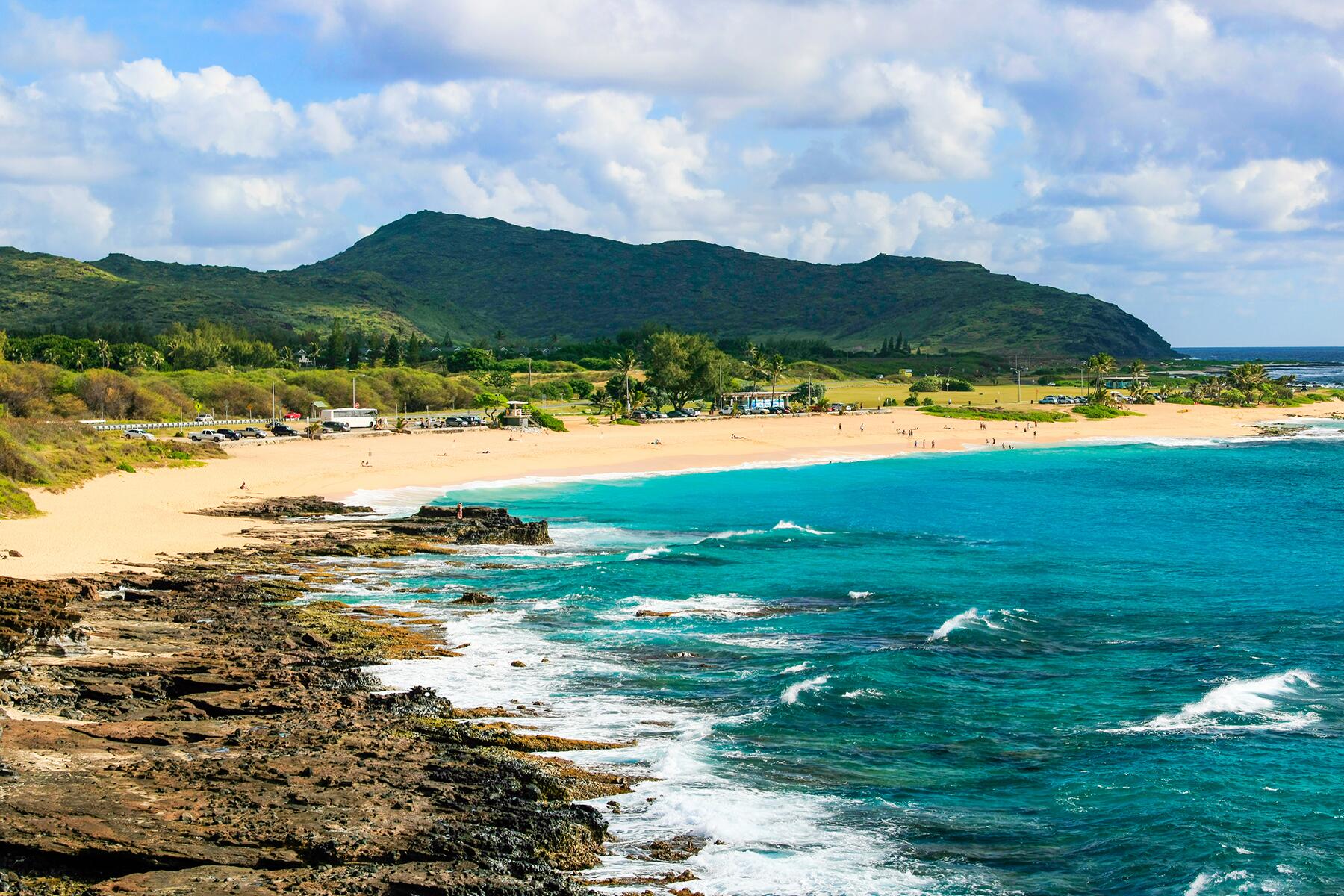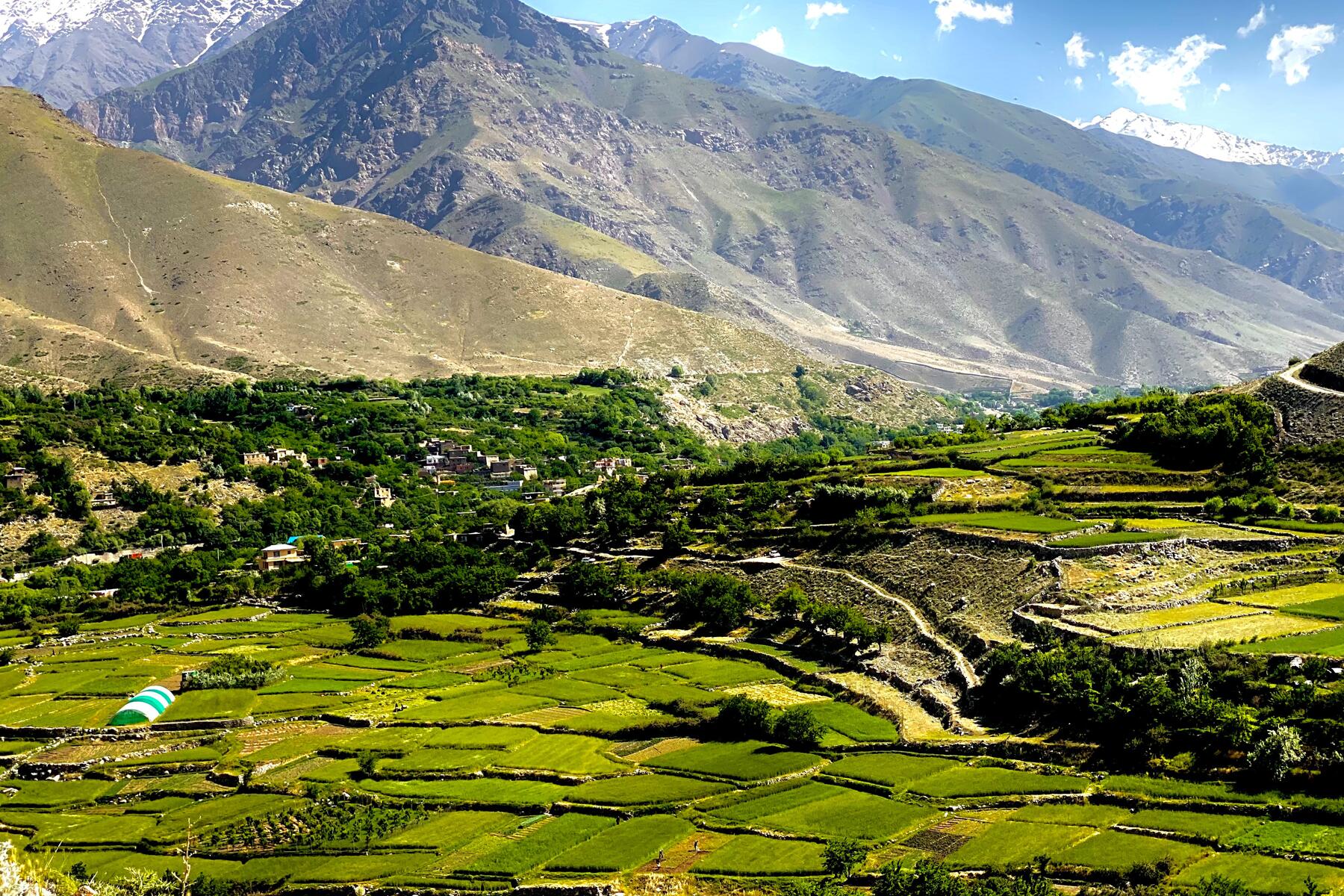Level 4: Do Not Travel.
In March, a 23-year-old British tourist, Miles Routledge, was arrested by the Taliban. The tourist was previously evacuated from Afghanistan by the British forces in August 2021 when the Taliban took over, but he returned to the country despite travel advisories against it. He was held captive for eight months, and was finally released in October along with three others, including a U.N. aid worker. Prison didn’t deter him: he is planning to go back again.
But Routledge isn’t alone. Tourism to Afghanistan has picked up with tour operators offering itineraries despite unsafe conditions and human rights violations in the country. U.K.-based Lupine Travel told The Independent that Afghanistan is their top holiday destination for 2024.
Other British travel companies like Safarāt and Untamed Borders are also operating tours. In summer, British officials requested the government to stop Safarāt’s founder Joe Sheffer from running these tours.
Is Afghanistan Safe?
The U.S., the U.K., Canada, Australia, and many other countries have advisories against traveling to Afghanistan. The State Department strongly discourages travel to the country with a Level 4: Do Not Travel warning due to terrorism, civil unrest, armed conflict, and kidnapping.
“Travel to all areas of Afghanistan is unsafe and the risk of kidnapping or violence against U.S. citizens in Afghanistan is high. Given the serious risks, U.S. citizens should not travel to Afghanistan to accompany eligible family members for relocation.”
Recommended Fodor’s Video
The department explains that citizens can be detained unjustly and with embassy operations suspended in Kabul, the U.S. government can’t offer any support to Americans. Unlawful detention isn’t an exaggeration. In May, an Austrian traveler was arrested in Afghanistan on espionage charges.
The U.K. government also explicitly tells travelers not to visit Afghanistan. It warns about terrorist attacks and detentions, and says that the situation is volatile and can change quickly. “There are no British consular officials in Afghanistan and our ability to provide consular assistance is severely limited and cannot be delivered in person within Afghanistan.”
The tour companies, however, assure that it’s safer to travel now.
Dylan Harris, of Lupine Travel, told The Independent, that it’s safer to travel because “the people who we were trying to avoid before are the people in charge.” And there is a lot more paperwork than before
In 2016, an attack on a tourist group left six wounded–this wasn’t an uncommon scenario. There were advisories even before the Taliban took over, but tourists still flew to the country.
Even now, direct flights from Dubai and Istanbul are available. If you’re considering it, remember that companies may not offer regular insurances and you may have to seek premium coverage from specialized insurers.
Related: Thanks to Afghanistan, I Finally Made It to My Dream Destination
Is It Ethical to Travel to Afghanistan?
There’s also the ethical concerns that travelers need to think about. The Taliban is committing atrocities on the population and curtailing women’s rights. Girls are banned from schools beyond sixth grade and women are being excluded from jobs and public spaces. The U.N. has said that persecution of women by the Taliban amounts to a “crime against humanity.”
Arash Azizzada, co-director for Afghans for a Better Tomorrow, told the Financial Times, “It is disturbing for us to see western travel vloggers roam freely about the country while Afghan women are banned from public parks, schools and universities.” He adds that people who are traveling to the country should speak with Afghans about the cruelties of the Taliban rule. The tour groups, however, argue that they are focusing on the history and culture of the country and these trips are a source of income to locals.
The so-called “dark tourism” trips are often controversial because sites associated with disaster or war or genocide are tragic for the people who have lived through those experiences. They have complicated histories and it’s a gray area for tourism, so there are ethical concerns. People are also taking tours in Ukraine as the war continues, which may also be considered voyeuristic to some.
While some experiences shed light on the events and travelers may come back with more knowledge, especially when it concerns destinations impacted by climate change, it’s really up to an individual to decide whether it’s appropriate and beneficial to them and acceptable to the locals.





I will third that....no way.